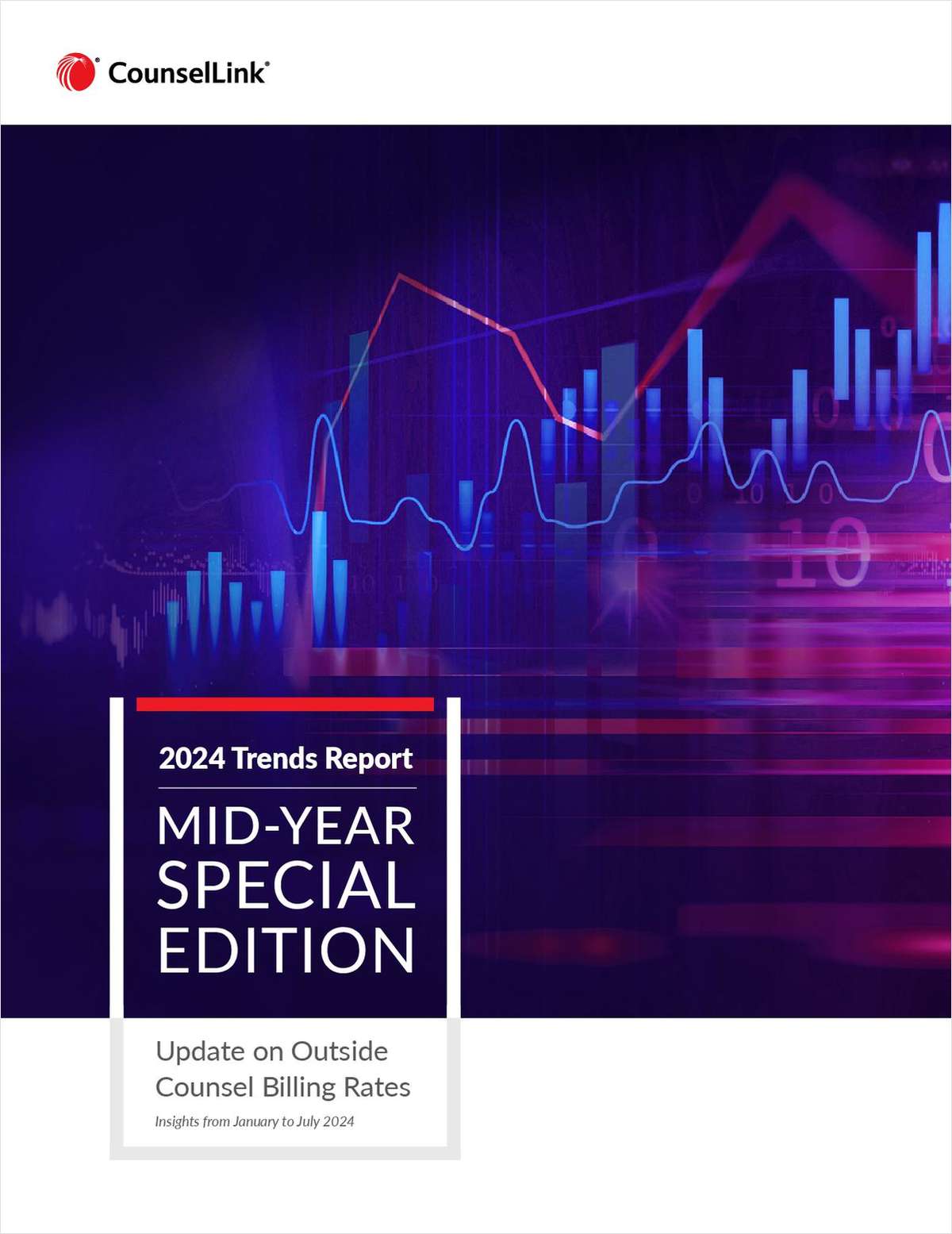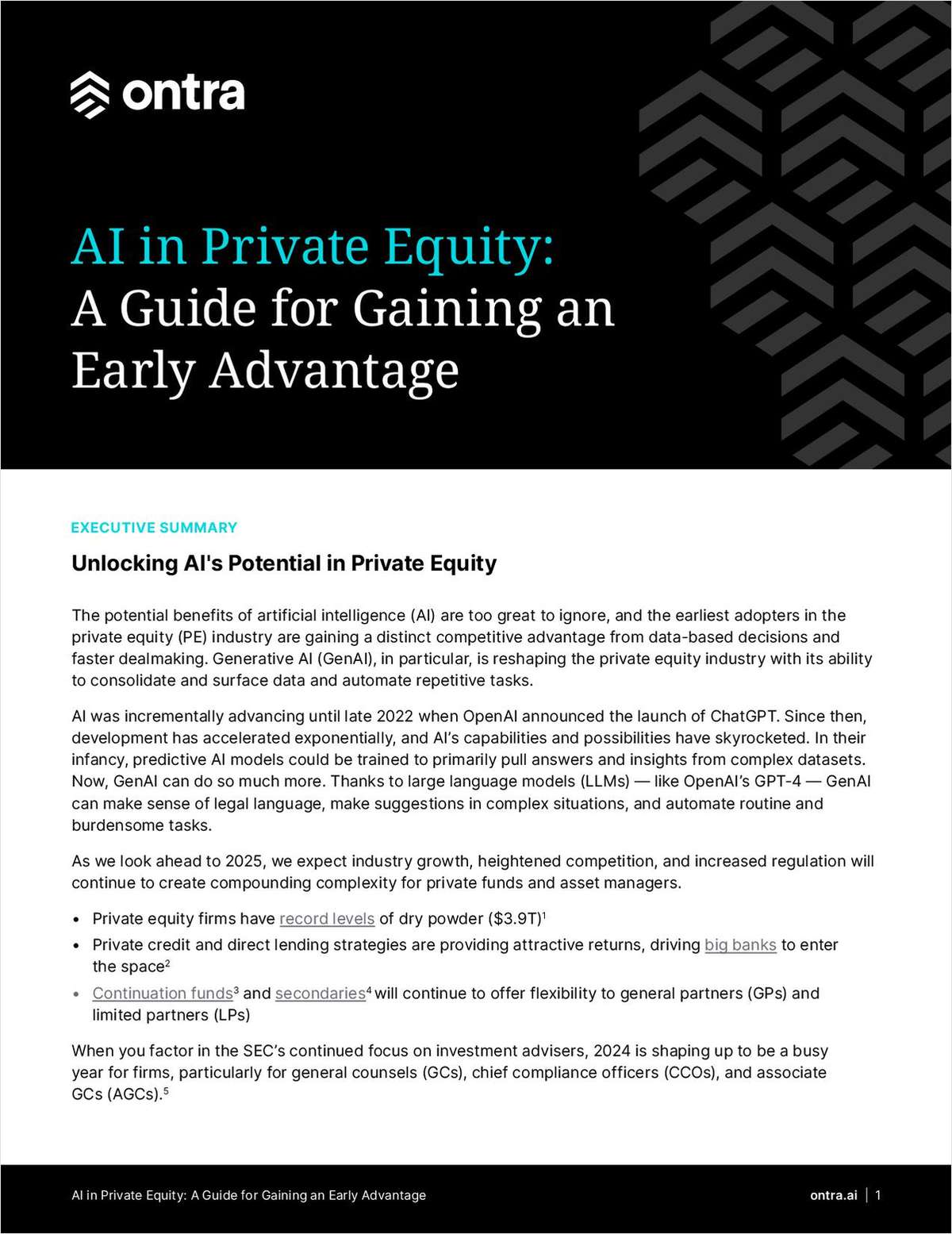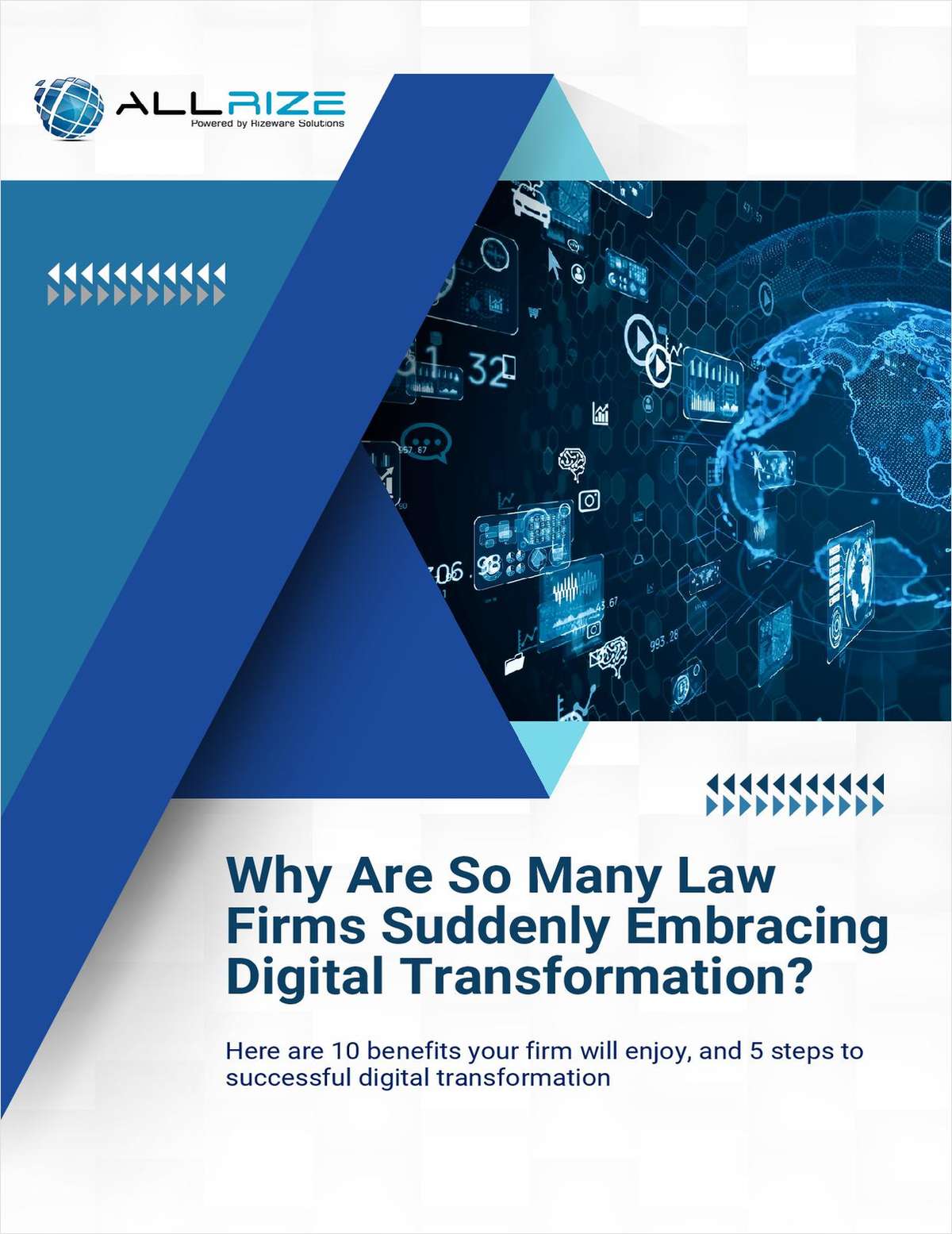The Dewey Case: What's Next?
Implications for the defense, the prosecution—and Big Law.
November 01, 2015 at 01:12 AM
7 minute read
The original version of this story was published on The American Lawyer
After nearly four months of testimony and 21 grueling days of deliberations, on Oct. 19 it was finally over. The criminal fraud trial of Dewey & LeBoeuf's former leaders ended in a mistrial when jurors convinced Acting New York Supreme Court Justice Robert Stolz that they were hopelessly deadlocked.
And yet for the defendants, their lawyers and prosecutors, it wasn't over. They have a new deadline by which to retool strategy and decide next steps: Nov. 16, when Stolz instructed them to return to court for a status conference. What's next? One key factor will be whether the unity seen during trial among defendants Steven Davis, the former Dewey chair; Joel Sanders, the former CFO; and Stephen DiCarmine, the former executive director, erodes as all sides learn more about the jurors' perspective.
To be sure, the mistrial was terrible news for the Manhattan district attorney's office. The charges—that Dewey's leaders led a scheme to deceive banks and investors about the firm's finances before its 2012 collapse—never hit home with the jury.
NOT FOR REPRINT
© 2024 ALM Global, LLC, All Rights Reserved. Request academic re-use from www.copyright.com. All other uses, submit a request to [email protected]. For more information visit Asset & Logo Licensing.
Trending Stories
- 1Wine, Dine and Grind (Through the Weekend): Summer Associates Thirst For Experience in 'Real Matters'
- 2The Law Firm Disrupted: For Big Law Names, Shorter is Sweeter
- 3The 'Biden Effect' on Senior Attorneys: Should I Stay or Should I Go?
- 4BD Settles Thousands of Bard Hernia Mesh Lawsuits
- 5'You Are Not Alone': 120 Sex Assault Victims Plan to Sue Sean 'Diddy' Combs
Featured Firms
Law Offices of Gary Martin Hays & Associates, P.C.
(470) 294-1674
Law Offices of Mark E. Salomone
(857) 444-6468
Smith & Hassler
(713) 739-1250








